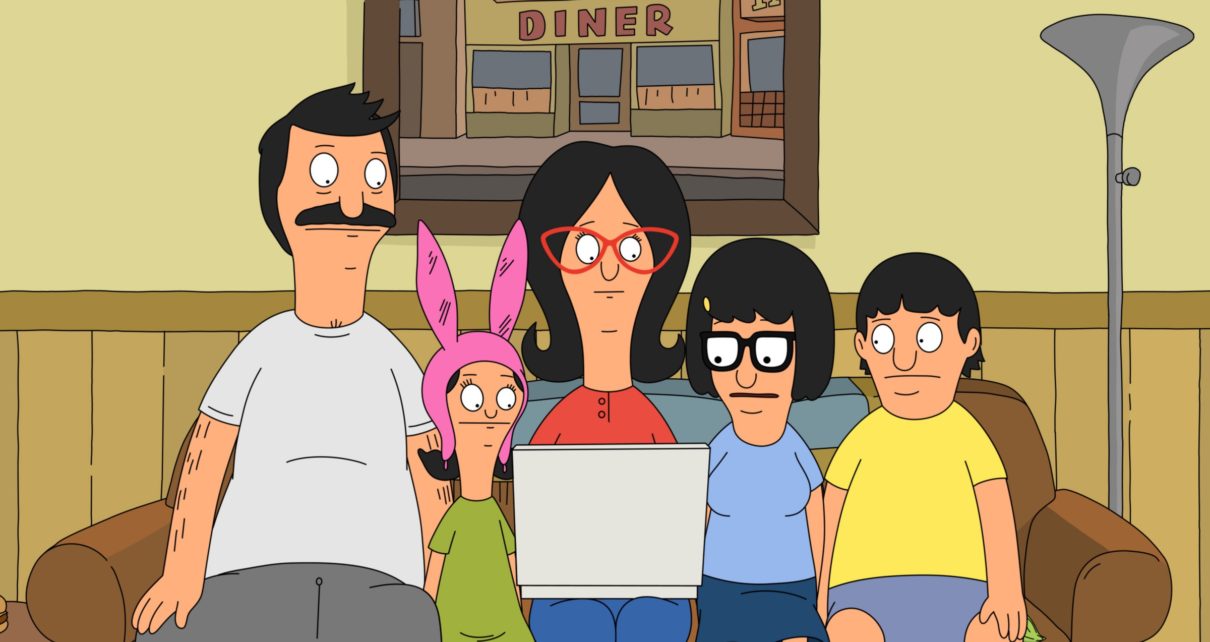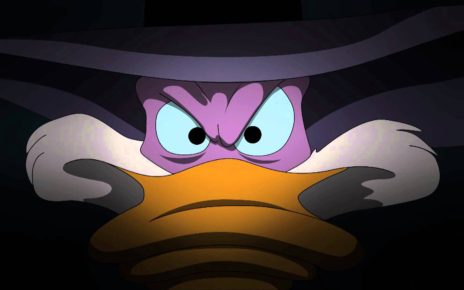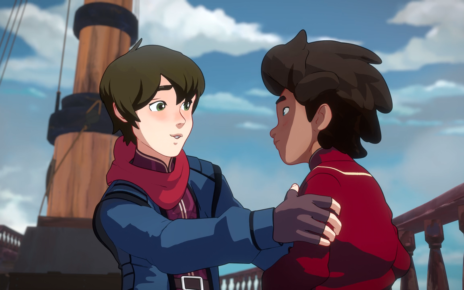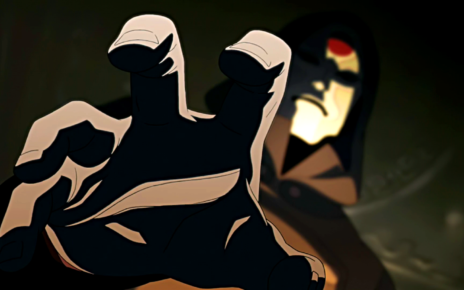For all its endearingly quirky characters, movie-inspired storylines, and seemingly endless food puns, Bob’s Burgers is an unexpectedly dark show. Some of that darkness undoubtedly comes from the supposedly cannibalistic origin story—where the meat for the Belcher’s burgers was supplied by the mortician next door, as mentioned then dispelled in the pilot episode—and the few jokes of that variety that still linger.
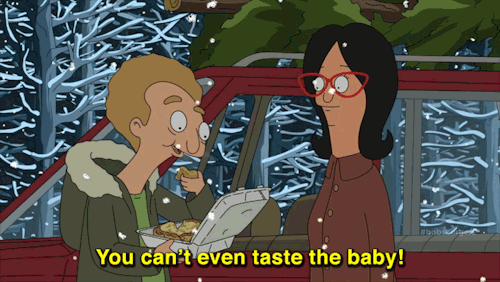
But most of the heart in creator Loren Bouchard’s fictional universe comes from…well, harsh reality. This show may be as whimsical as the next animated family comedy on FOX, but it doesn’t exactly sugarcoat life’s ups and downs.
Despite American culture’s heavy emphasis on the “follow your dreams!” narrative, it’s rare to see examples in media of what happens when you actually do just that. Realistically, we know not everyone who pursues their passion gets to immediately (or even eventually) live a life of super-stardom, and yet rags-to-riches stories make up much of what we see represented in the pop culture landscape.
That’s where the story of this greasy spoon differs.
The entire premise of the show is that running the restaurant is Bob’s dream—one he’s held since childhood. Unfortunately, that dream barely pays the bills. The Belchers, happy family though they may be, are constantly scraping for cash. They live in an apartment above their small restaurant, and have supposedly “never paid rent on time” to their eccentric landlord, Mr. Fischoeder. They’re never facing such desperate straits that Bob’s dream is crushed, but they also rarely, if ever, come out ahead.
This constant struggle takes its toll in various ways. As early as the first season, Bob is shown accepting Mr. Fischoeder’s offer for him to earn extra money as a cabbie in one of his shady side businesses. The job itself is benign, but it does lead to some interesting connections and a brief stint of hard(er) living.
A later episode involves the family nearly losing everything when their across-the-street rival, Jimmy Pesto, Sr., wants to buy Bob’s Burgers and turn it into a gift shop—a situation that’s only overcome with elaborate burger samples and Mr. Fischoeder nearly choking to death.
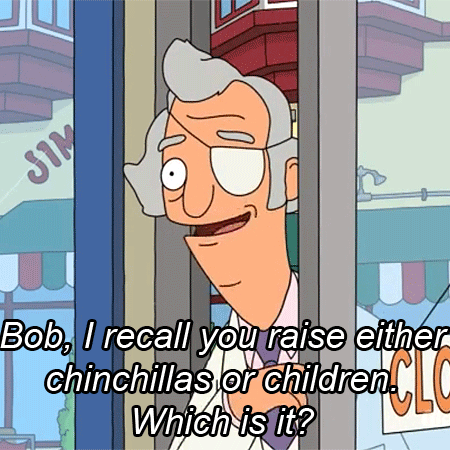
In fact, a number of episodes involve the fate of the restaurant (and, at one point, the entire town) resting on Bob’s ability to sway his landowner’s opinion.
Then there’s the impact these struggles have on the family’s relationships. In the pilot episode, Bob’s kissing skills are compared unfavorably to Linda’s previous fiancé, and Bob is shown forgetting numerous important dates and unintentionally neglecting his spouse throughout the show.
Notable examples include “Weekend at Mort’s,” where Linda ends up at Jimmy Pesto’s with Mort and his date to enjoy her self-described “Jamaican Honeymoon” as a third wheel, and “Seaplane!,” in which Bob’s refusal to join Linda for flying lessons leads to her having to fend off the advances of her sleazy instructor.
In spite of their issues, the end of each episode finds Bob and Linda happily together, thanks to the combination of Linda’s happy-go-lucky approach to life in general, their obviously strong bond, and Bob’s ability to somehow always pull things together at the last minute.
The strain that running a restaurant puts on relationships is also apparent in Bob’s interactions with his children. While he doesn’t go quite so far as to recreate his own childhood traumas (we get enough of that on other shows), he does struggle to connect at times. Even though he’s the favorite parent, he has a hard time relating to his offspring.
Despite the occasional disconnect, he is still a good dad. Not all of his fatherly advice is great, but he would do anything for his kids, and some of the best episodes are a result of his attempting just that:
“Hawk & Chick” gives a look into his special bond with Louise, where he reassures her they won’t grow apart as she grows up. He connects with Gene and help him overcome his fear during a rock-and-roll laser show in “The Laser-inth.” In the critically-acclaimed “Equestranauts” episode, he goes undercover to save Tina’s beloved horse figurine. While the Belcher patriarch’s work-life balance might less than desirable, he loves his family, and they support him in pursuing his dream.
Ultimately, Bob’s Burgers is an honest representation of what it takes to live life on your own terms. While it’s sad at times, and a little too relatable to those of us familiar with the struggle despite our hustle, every episode is a reminder that you can still build a life you love. The Belcher family’s goofy, greasy antics are a reminder to stop and savor the burgers on the way.
Thanks for reading The Dot and Line, where we talk about animation of all kinds. Don’t forget to this article and follow us on Twitter and Facebook.


